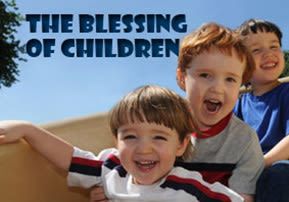
Ekev: The Blessing of Children
Through our interaction with nature, the complicated miracle of creating an infant is revealed, making us tremble, hope, and pray for the success of each stage.

THE BLESSINGS OF THE FRUIT OF THE WOMB
Parashat Ekev describes the blessings that G-d bestows upon the Jewish people when we keep the mitzvot. The first blessing mentioned is the blessing of begetting children: “…if you listen to these judgments, keep, and do them, that Hashem your G-d shall keep for you the covenant and the loving/kindness which He swore to your fathers. He will love you and bless you, multiply you; and bless the fruit of your womb…” (Devarim 7:12-13)
This blessing is certainly being fulfilled as we witness Torah observant families replete with little ones, as clusters of grapes fill a fruit basket. The Torah continues to elaborate on this blessing, “You shall be blessed above all peoples: there shall not be male or female barren among you, or among your animals” (Devarim 7:14). In our day and time we are witnessing the partial fulfillment of this blessing, as modern medicine develops new techniques for overcoming infertility. However, we pray that this blessing will continue to flourish and affect all the barren women of Israel, since many couples still suffer from childlessness.
PRAYER AND HUMAN EFFORT GO HAND IN HAND
No matter how developed the modern approaches for overcoming infertility are, prayer continues to be the most vital component of begetting children. However, we are also required to apply hishtadlut (human effort) and use whatever means are available today to accomplish the goal of conception, pregnancy, and birth. In this way, prayer and medical procedures go hand in hand. The word for barren in Hebrew is “akar,” which also means to uproot and eradicate. Thus the Shach on Devarim 7:14 explains the connection between the word “akar,” and the word “animals,” in the verse quoted above as follows: Prayer will not be uprooted before G-d, as long as you humble yourself like the animals, your prayers will remain before Him for eternity to fulfill your request.
REVEALING G-D’S MIRACLES WITHIN PROCREATION
Malbim writes that although the success of the nations is bound by the laws of nature, which does not preclude the existence of infertility, the Jewish people is an exception. Albeit, contrary to the way of nature, there will come a time when no one will be barren among Israel. It may seem that modern society’s interaction with the process of creation through scientific medical procedures such as In Vitro Fertilization (IVF) diminishes the Divine miracle of creation. With so much power and ability to interfere with the natural reproductive process, it may seem as if humanity is trying to play G-d without acknowledging the need for Divine assistance. This does not have to be true. Artificial insemination may actually heighten our awareness of the Divine blessings necessary to produce a child.
In spite of advanced technology, no expert can predict which ovum will be fertilized to become an embryo, or explain why only certain embryos become implanted in the womb and only some of them grow, while others are expelled. Each stage of creation needs the blessing of G-d to succeed. During the natural conception, one may take the miraculous process for granted due to lack of awareness of what it takes to create a healthy baby. The IVF process makes it possible to closely follow each of the steps, heightening the awareness of the Divine miraculous creation. What usually takes place “naturally” concealed within the womb is now brought out into consciousness. Through our interaction with nature, the complicated miracle of creating an infant is revealed, making us tremble, hope, and pray for the success of each stage. May G-d hearken to our prayers, and remember all the barren women of Israel with the blessing of the fruit of their womb.
***
Rebbetzin Chana Bracha Siegelbaum is Director of Midreshet B’erot Bat Ayin in Gush Etzion. This article is an excerpt from her book Women at the Crossroads: A Woman’s Perspective on the Weekly Torah Portion, reviewed by The Jerusalem Post, The Jewish Press, Voices Magazine, Good Reads, and WordPress/JewishPress and more. To order this book, click here.


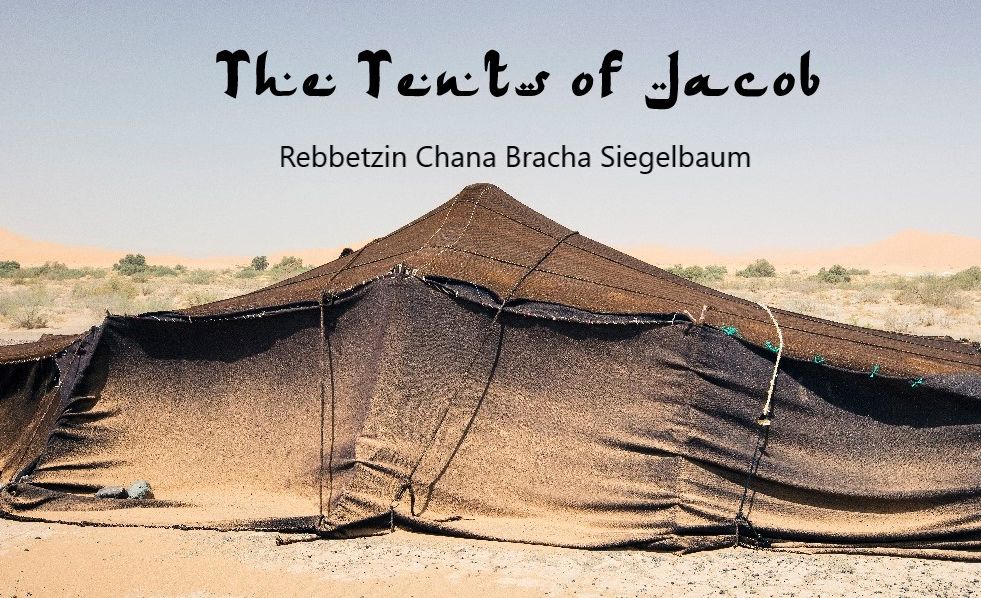
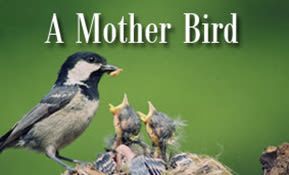


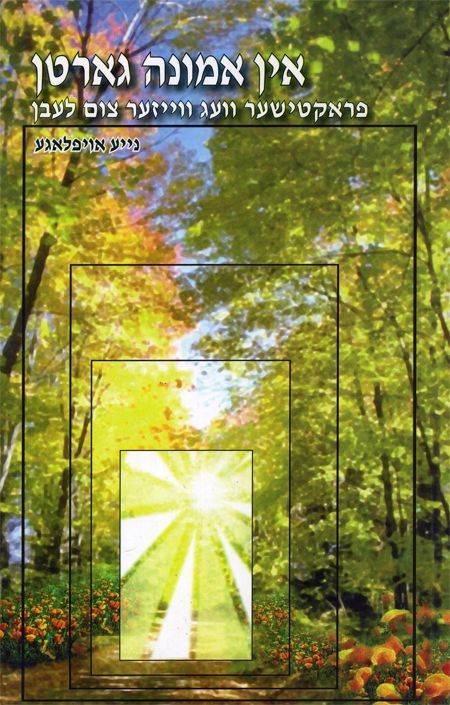
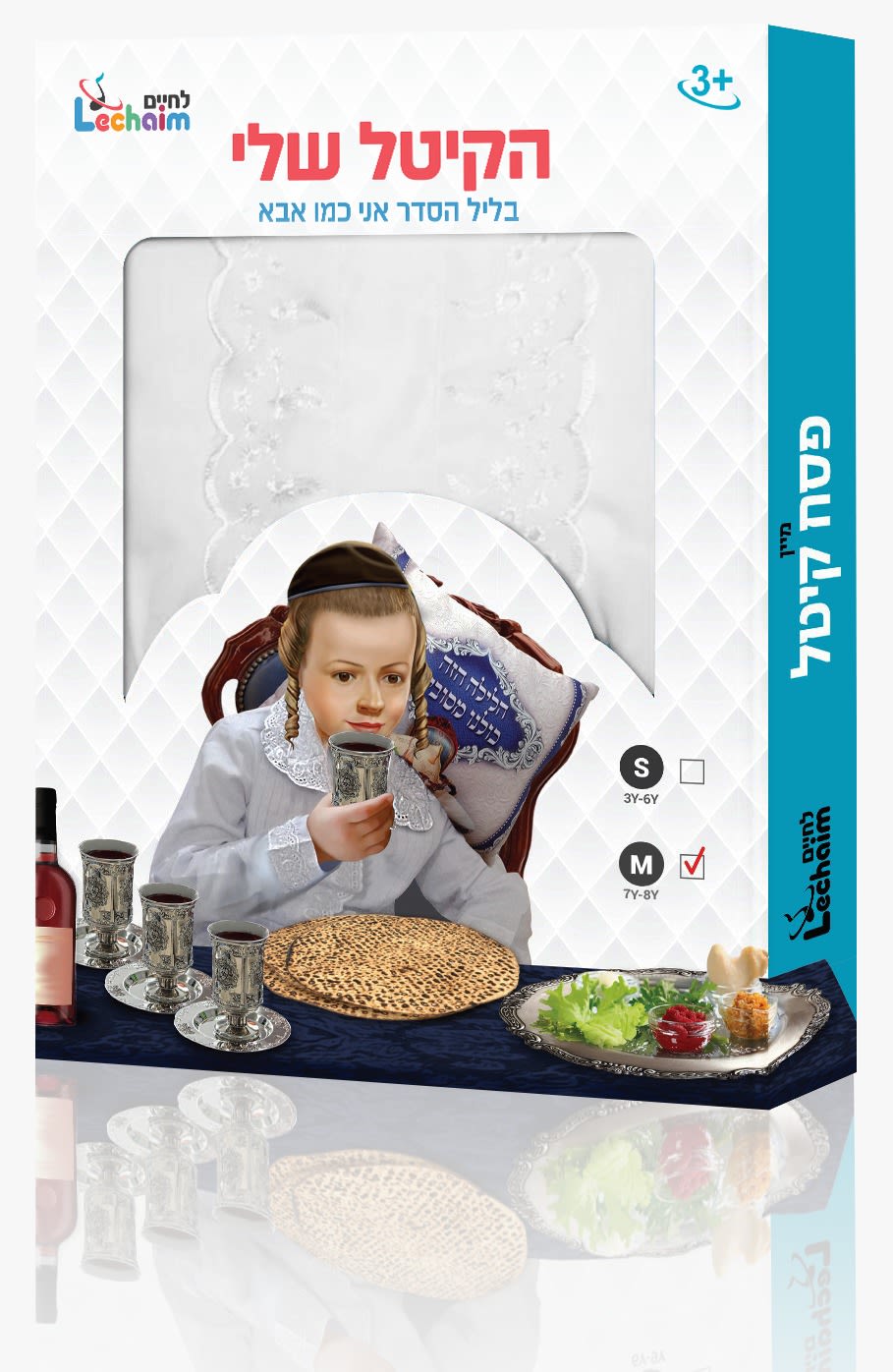


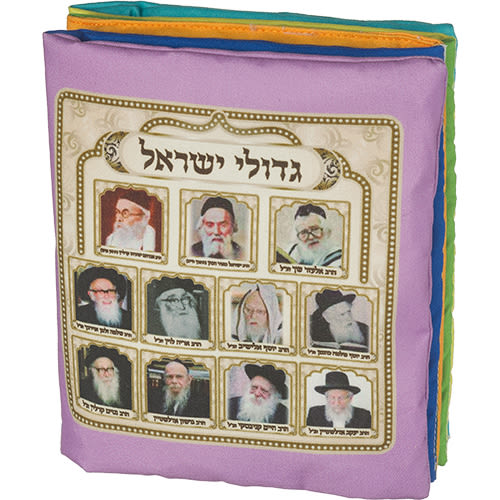
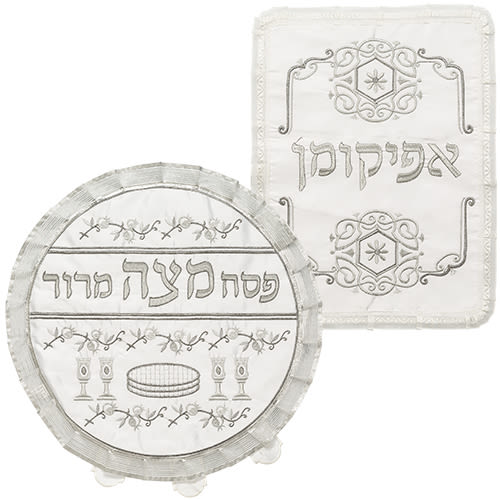
8/03/2009
Thank you Thank you for this article – It is of great help.
8/03/2009
Thank you for this article – It is of great help.